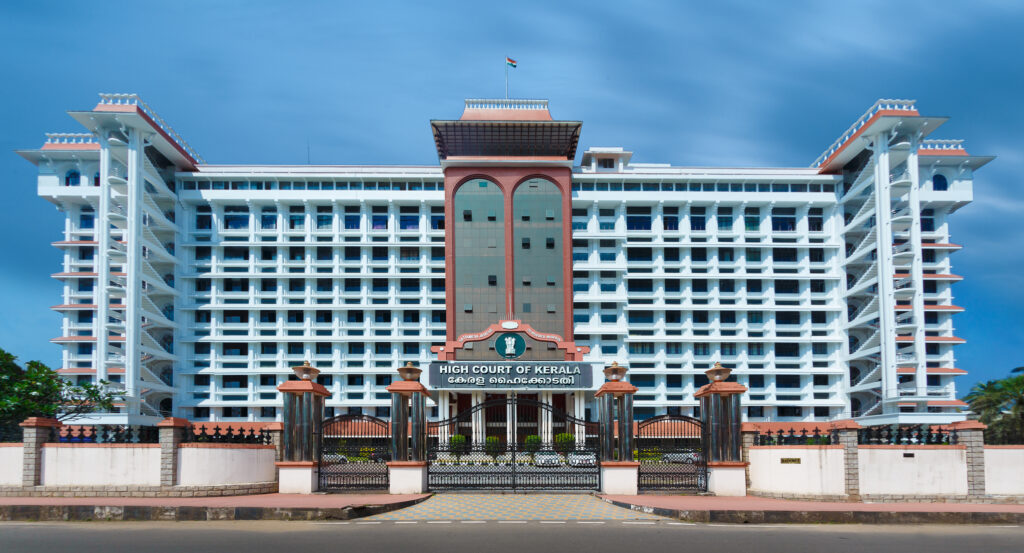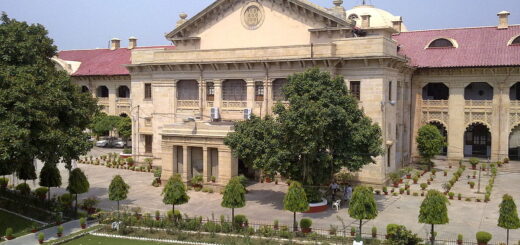The Kerala High Court stated that a request to remove a video from YouTube cannot be approved unless there are court orders in place.

The Kerala High Court stated that it cannot order YouTube to remove a video claimed to be objectionable unless there are existing court orders. This decision came from a Writ Petition where it was argued that a video on YouTube was defamatory towards the Marthoma community and its Reverend Bishop. Justice T.R. Ravi noted, “According to the clear ruling by the Supreme Court, we cannot direct the removal of the video without a court finding it defamatory. Additionally, the content does not fall under Section 69A of the Act, as it does not threaten India’s sovereignty, security, or international relations.”
Advocate George Varghese Perumpallikuttiyil represented the Petitioner, while CGC V. Gireesh Kumar, Government Pleader Sunil Kumar Kuriakose, Senior Advocate Santhosh Mathew, and Advocates Riji Rajendran and Sunil Mathew represented the Respondents. The Writ Petition claimed that the YouTube video was scandalous and insulted the Marthoma community, aiming to create division among believers and disrupt peace. The Petitioner filed a complaint under the Information Technology (Intermediary Guidelines and Digital Media Ethics Code) Rules, 2021, with YouTube’s Resident Grievance Officer, but stated that the complaint was not addressed, leading him to approach the High Court.
The High Court, after considering arguments from both parties, stated, “The term ‘actual knowledge’ in Section 79(3)(b) should be interpreted as ‘the actual knowledge that a Court order has been issued to quickly remove or disable access.’” The Court further explained that Section 79(3)(b) of the IT Act, 2000 must be understood to mean that when an intermediary receives actual knowledge of a Court Order requiring the quick removal or disabling of access to certain content, it must act promptly to do so. “This is important because it would be challenging for intermediaries like Google and Facebook to respond effectively when faced with millions of requests, and they would need to determine which requests are valid,” it added.
Additionally, the Court observed that besides claiming the material is defamatory, there were no specific claims that it incited any serious offenses related to India’s sovereignty or interests. As a result, the High Court dismissed the Writ Petition.
Cause Title: Aneesh K. Thankachan v. Union of India & Ors. (Neutral Citation: 2024:KER:90640)
Appearance:
Petitioner: Advocates George Varghese Perumpallikuttiyil, Manu Srinath, Nimesh Thomas, and Sherin Edison.
Respondents: CGC V. Gireesh Kumar, Government Pleader Sunil Kumar Kuriakose, Senior Advocate Santhosh Mathew, Advocates Riji Rajendran, Sunil Mathew, Bharadwajaramasubramaniam R., R.S. Diwaagar, Arun Thomas, Mitha Sudhindran, Bhairavi S.N., and Souradh C. Valson.









